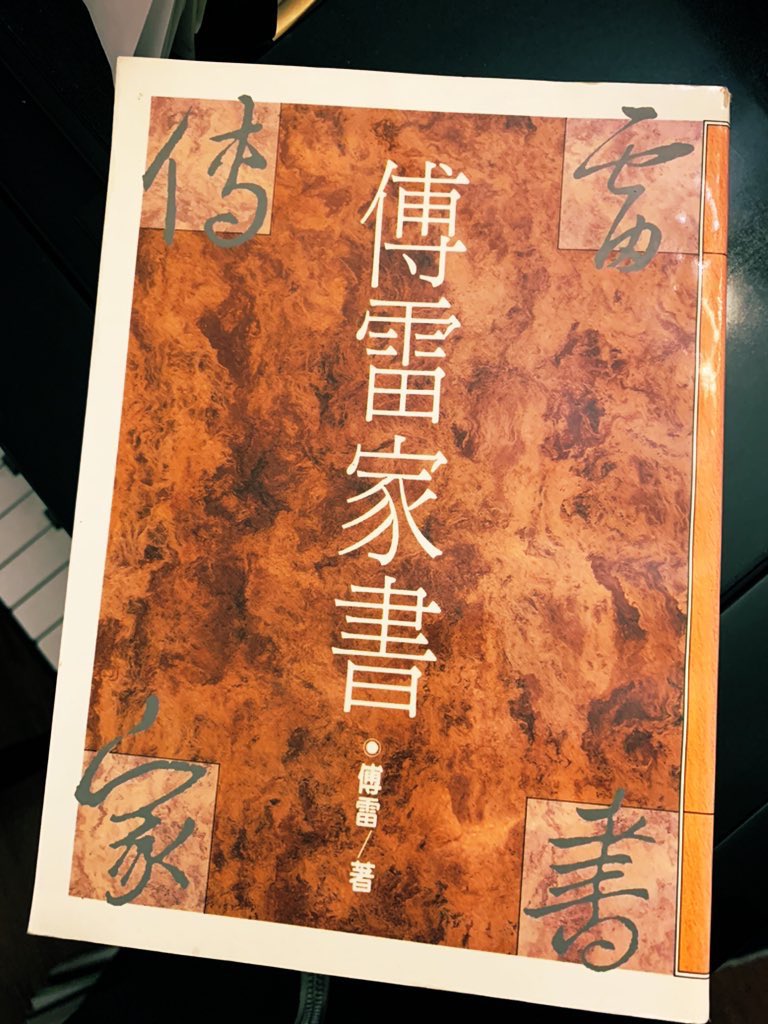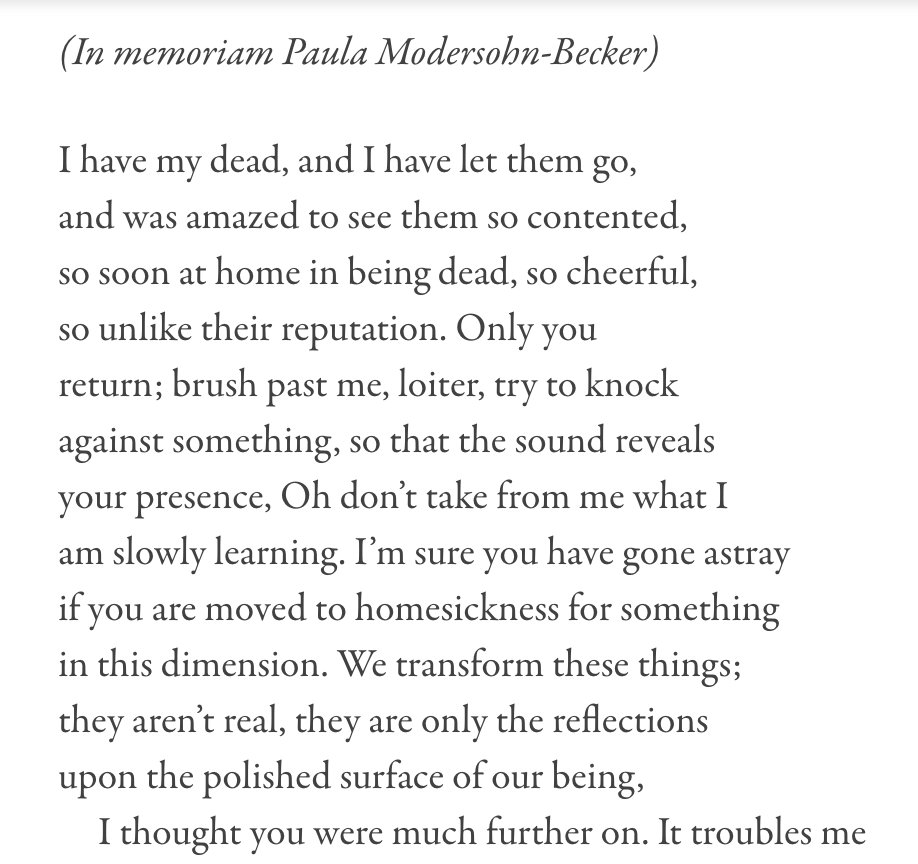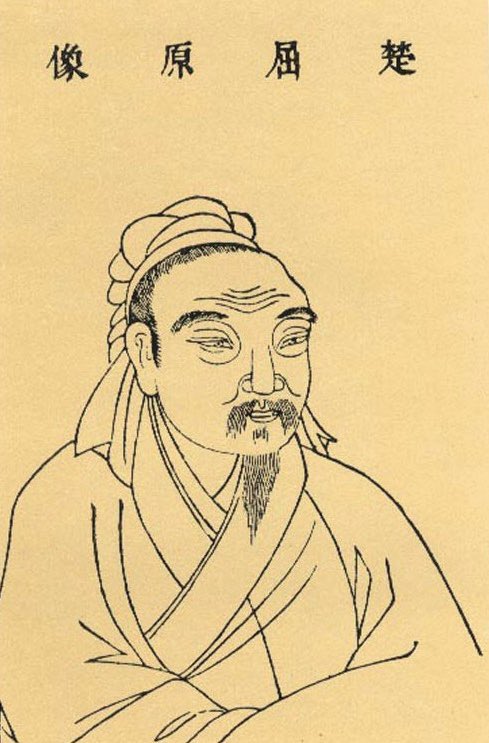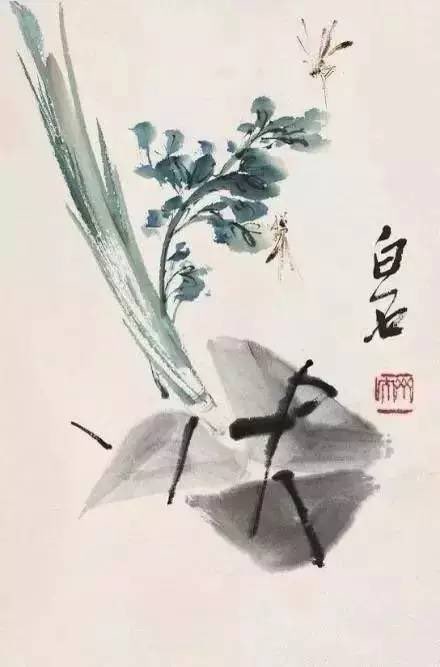
The great pianist Fou Ts’ong 傅聰 passed away last week in the UK, from covid. Many first encountered him not as a lyrical, brilliant interpreter of Chopin (he was), but as the young recipient of extraordinary letters from his father Fu Lei that were later collected: 傅雷家書. 
https://twitter.com/amyyqin/status/1344591710244855809

In the sort of happy accident that young autodidacts (avant-Google) often have, I was separately a fan of both father and son without learning of their connection.
Fu Lei 傅雷 was the emblematic Shanghai Francophile: writing on and translating Romain Rolland, Balzac, Rodin.
Fu Lei 傅雷 was the emblematic Shanghai Francophile: writing on and translating Romain Rolland, Balzac, Rodin.

As a young Francophile myself - stemming from my desire to better know my grandmother, Hsiao Tsong Rang, who had lived and studied in Paris as Fu Lei did - they in fact moved in the same circles there - Fu Lei was of course a legend to me.
https://twitter.com/chowleen/status/1283228582047887361
Separately, as a fairly serious young piano student, I had of course heard of Fou Ts’ong. So when he visited Taipei, I was thrilled my parents purchased a ticket and allowed me to attend his recital along with our music professor neighbor and his college (!) students - I was 11? 

The greatest experience of my young life.
Not just Fou Ts’ong’s performance; but also the ecstatic audience, for whom he played 9(!) encores; awe at this *Chinese* pianist (now a commonplace); my thrill at being included in an excited post-concert cafe chat w College! Students!
Not just Fou Ts’ong’s performance; but also the ecstatic audience, for whom he played 9(!) encores; awe at this *Chinese* pianist (now a commonplace); my thrill at being included in an excited post-concert cafe chat w College! Students!

Only later, while living in Beijing in my 20s, did I read Fu Lei’s letters to his son; or learned that Fou Ts’ong had defected to the UK; or that his parents, Fu Lei and Zhu Meifu, were tortured and died by suicide during the Cultural Revolution.
Read @amyyqin’s lovely article.



Read @amyyqin’s lovely article.




Safe travels, Fou Ts’ong (1934-2020)
Here he plays Chopin Preludes, Op.28
Here he plays Chopin Preludes, Op.28
A postscript: @yinnika shared w/me this amazing master class taught by Fou Ts'ong, circa 2010. He has such insight into Chopin - his instruction is more philosophical than strictly technical, and he is all encouragement, even while cajoling.
What a loss.
What a loss.
• • •
Missing some Tweet in this thread? You can try to
force a refresh



















